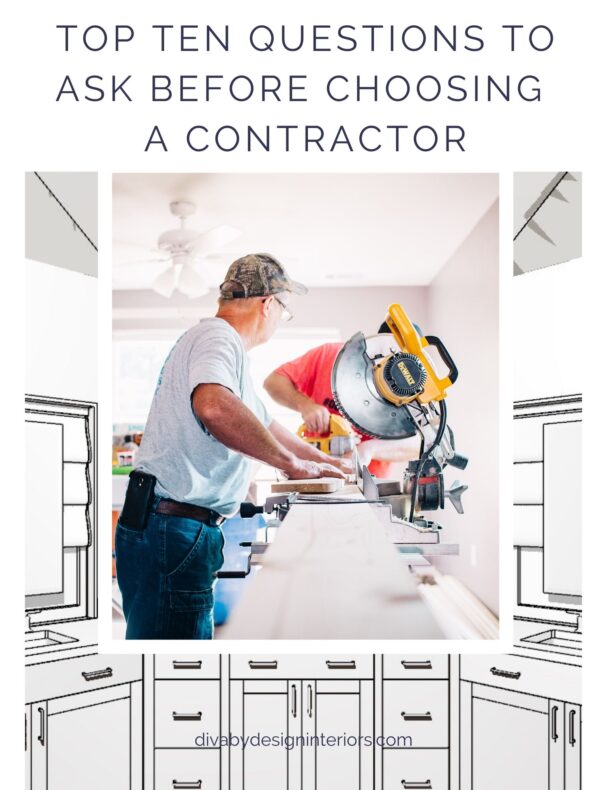By: Patrick Young Ableusa.info | patrick@ableusa.info
Buying a house to accommodate a disability is not substantially different from buying any piece of real estate. However, there are some nuances that you should be aware of. Special financing, possible upgrades, and even non-traditional dwellings may enter your radar. Here are a few things to think about when it’s time to get the ball rolling on your new home.
Understand the Buying Process
Buying a house can be a long process. It starts by doing your research and knowing the market in which you wish to purchase. Once you have an idea of where you want to live, you’ll have to figure out exactly how much you can afford. Discover.com explains that most lenders prefer a home not to exceed a maximum of five times the annual household income. You can figure out how much you can afford by using an online estimator, but keep in mind you will also need money for a down payment, moving expenses, and incidentals.
If your credit score is less than 620, you’ll need to improve your rating. You’re entitled to a free copy of your credit report from all three major credit agencies, and according to How To Home, sites like FreeCreditScore.com and AnnualCreditReport.com can also give you the information you need. To boost your score, make a plan to address late payments and actively contest negative information, such as outdated entries or other inaccuracies. When you have outstanding debt, you will also need a strategy on how to pay it off before applying for a mortgage. Be patient and know that the road to home ownership can be long, but it’s worth it.
In addition to improving your credit, knowing the different homeownership programs available for people with disabilities can help you along the way. The Section 8 voucher program and nonprofit organizations such as Habitat for Humanity and Rebuilding Together AmericaCorps can also help make your dream of homeownership a reality, even if you’re on a limited income.
Define Your Needs
Your abilities will define what you need in a home. If you rely on a wheelchair, for example, let your real estate agent know that you are only willing to entertain single-story dwellings. Look for things such as widened doorways, a roll-in shower, and lowered sinks. Many homes are not designed with mobility concerns in mind. Be aware of this while you look and make mental notes of homes that are more easily adaptable.
If you’re moving for the purposes of aging in place, let your agent know this, too. They may be able to provide guidance on neighborhoods that put you in close proximity to senior-friendly services, such as grocery delivery and public transportation. When you are closer to your goal of finding an accessible property, start looking for a professional packing company and/or movers in Harlingen to do the stressful work of relocating your belongings. Depending on how far you’re moving and what you’re moving, it may be worth considering a moving coordinator to help make sure you’ve got loading, transportation and unloading fully covered.
Consider the Unconventional
One of the biggest drawbacks of owning a single-family home is that you’re required to handle maintenance on both the interior and exterior. Don’t count out the possibility of purchasing a condominium or townhome in a planned community. Not only are you off the hook for lawn maintenance and other physically demanding chores, but some properties may even offer ADA-compliant community spaces, such as a clubhouse or swimming pool. Keep in mind that these laws only apply to spaces that are used by the public.
Buying a home is undoubtedly one of the most significant events of your life. Don’t rush into the process, especially if you have physical needs your property must meet. Remember, you are likely going to live here for many years, and you don’t want to be unhappy with your decision. Talk to your real estate agent about ways you can make the process go smoothly, and don’t limit yourself to the “perfect” home since many accessibility modifications are easy and affordable.
Image via Pixabay


